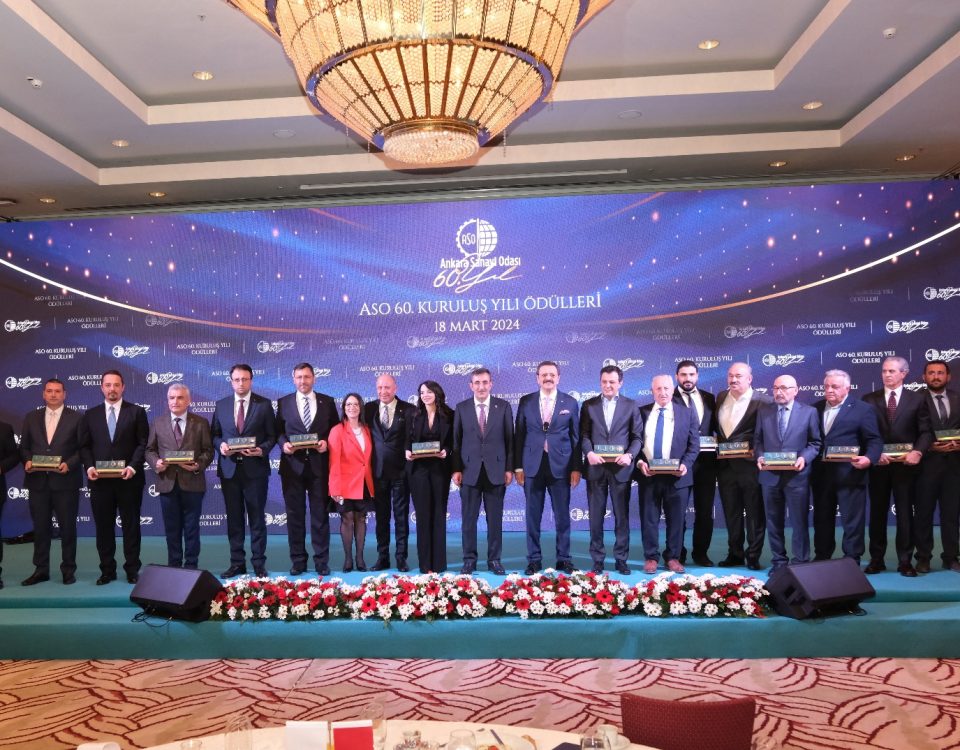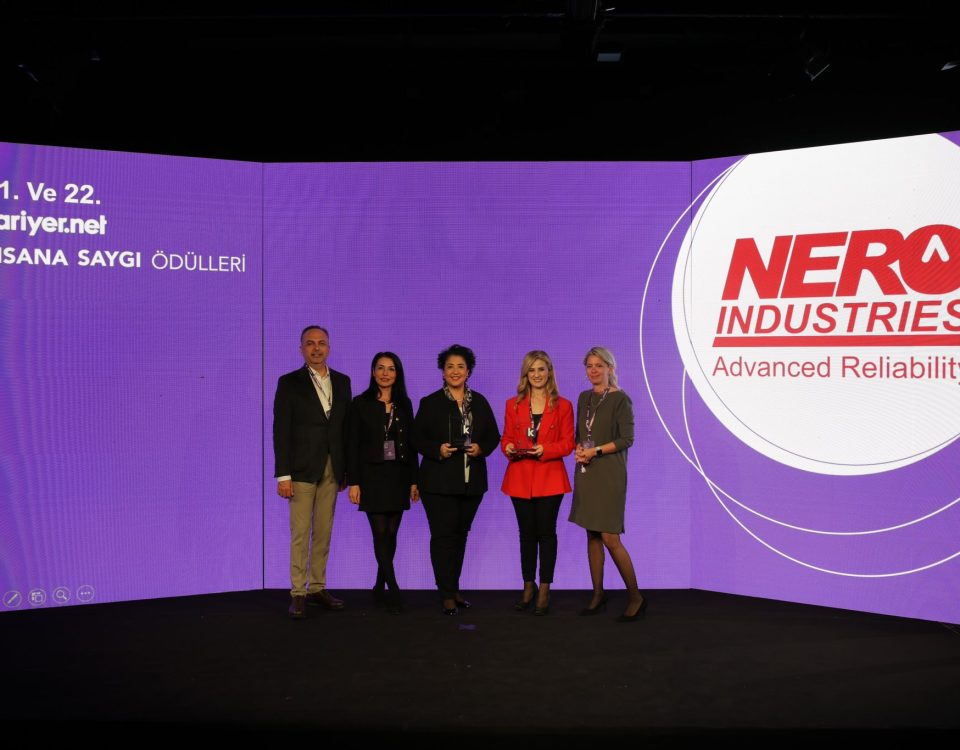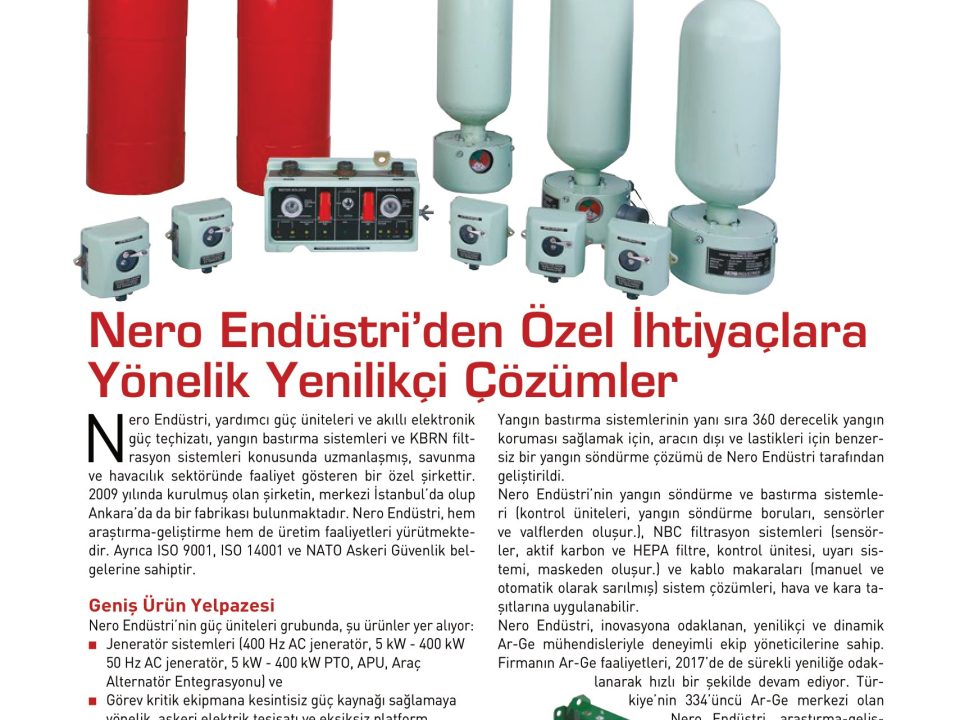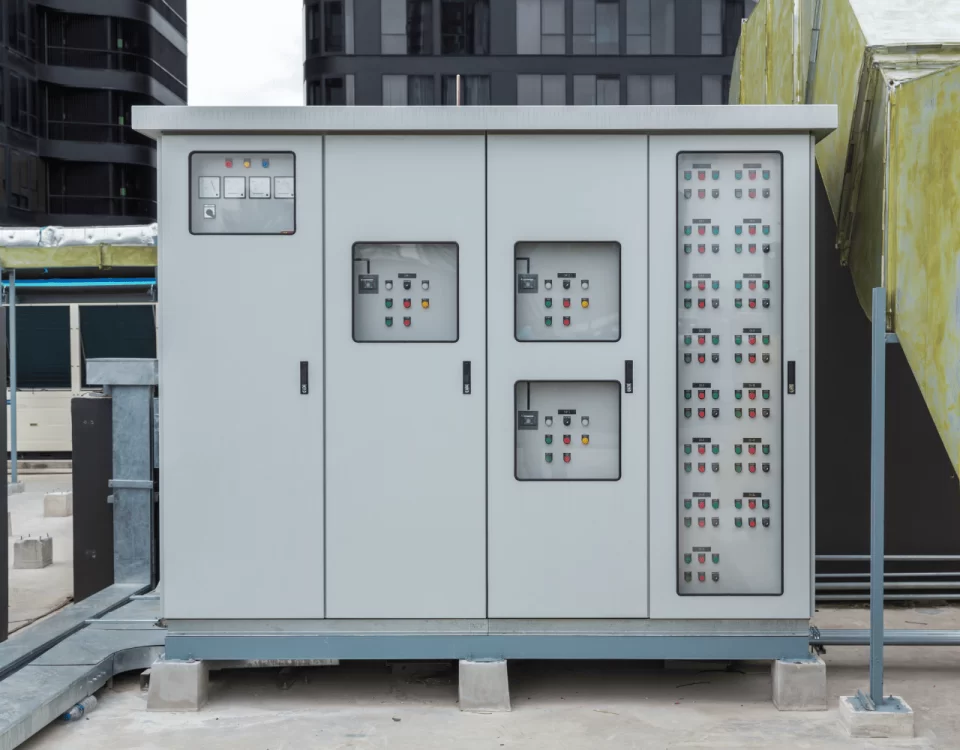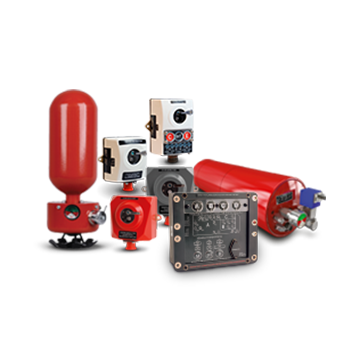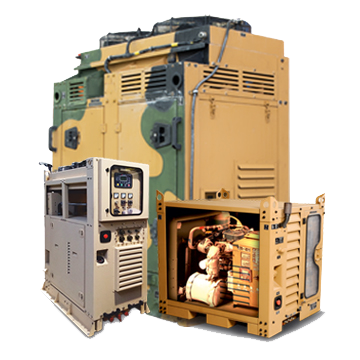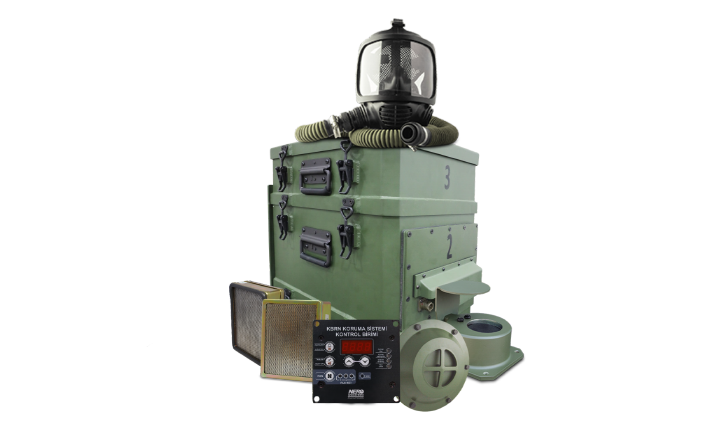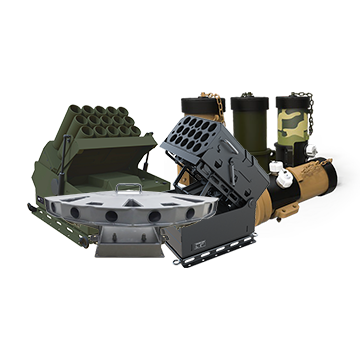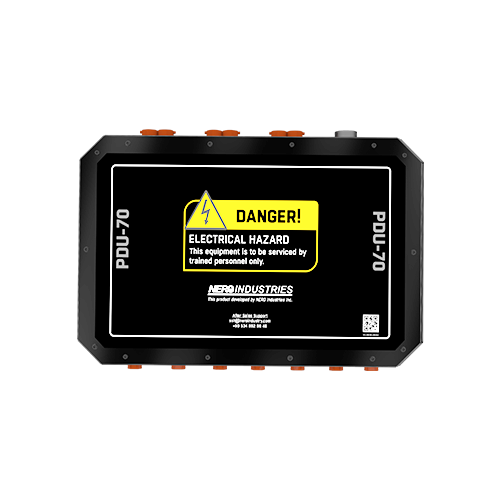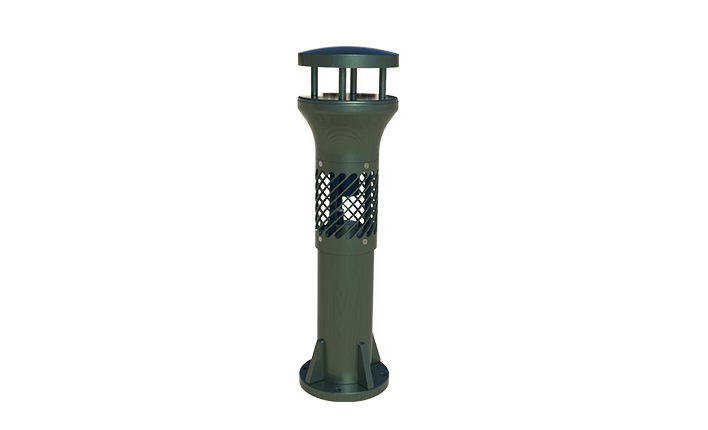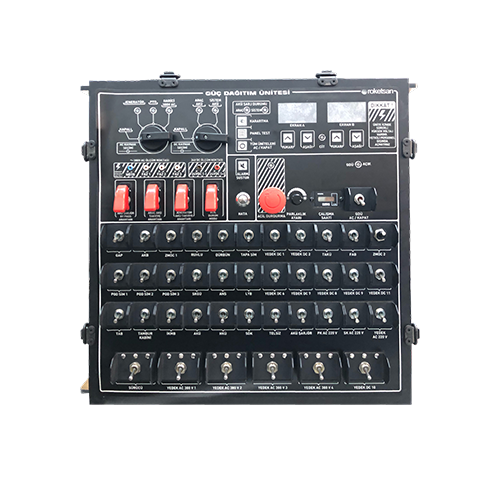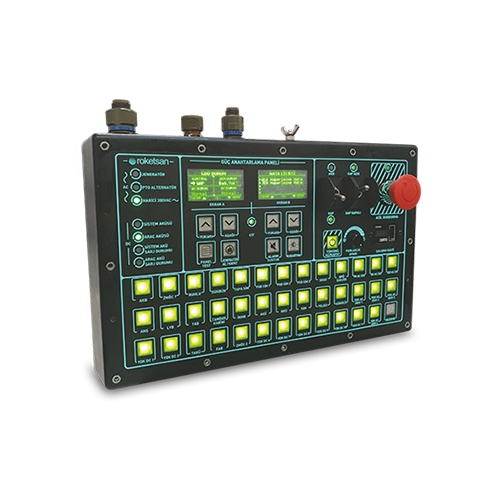Military PDUs often differ from commercial PDUs in some obvious and not so obvious ways. Obvious, is that certain battlefield applications do indeed require extraordinary tolerance of shock, vibration, and weather extremes. Not so obvious, is the need to condition incoming raw power to deliver clean, stable power to mission critical electronics. There are a lot of unique control and connectivity needs in military applications as well.
NERO has been meeting the needs for military PDUs in ships, submarines, planes, forward command bases, hardware service bays, and even as support for research and product development for over 30 years.
rack mount power strip, pdu in networking, what is pdu, apc pdu, power distribution board, pdu power distribution unit, power distribution board drone, pdu server rack, protocol data unit, pdu vs ups, pdu electrical, power distribution unit for rack, pdu training, rack power distribution unit, 19 inch rack mount brackets, power distribution box automotive, power distribution unit data center, power distribution unit for server rack price, network power distribution unit, power distribution board arduino, power distribution board 5v, data center pdu manufacturers, power distribution board design, 19” rack mount power distribution unit, 19″ rack mount power distribution unit, rack mount pdu with individual switches, mta power distribution, 32a rack mount distro, bdu battery distribution unit, types of pdu in data center, pdu vs power strip, power distribution board 12v, high power distribution module, 42u rack pdu, eaton power distribution unit, power distribution unit automotive, ac power distribution unit, automotive high voltage power distribution unit, power distribution unit for server rack, server rack pdu types, ev high-voltage junction box, rack mounted distribution board, 19 inch rack mount lighting, power distribution board server, power distribution in electric vehicle,
power distribution unit, network pdu, rack pdu, tripp lite pdu, switched pdu, pdu power, rack mount pdu, c13 pdu, rack mount power distribution, 30 amp pdu, portable power distribution unit, server rack pdu, pdu power distribution unit, metered pdu, cyberpower pdu, rack power distribution, 240v pdu, furniture power distribution unit, vertical pdu, 3 phase pdu, smart pdu, pdu power strips, apc pdu rack mount, pdu in data center, server pdu, geist pdu, apc pdu rack, servertech pdu, managed pdu, pdu eaton, power distribution unit for rack, panduit pdu, power pdu rack, server technology pdu, remote managed pdu, rack power distribution unit, lex portable power distribution unit, pdu unit, apc switched pdu, rkpw081915, 1u power distribution unit, remote pdu, liebert pdu, dual power pdu, 15 amp pdu, 220v pdu,
EN

